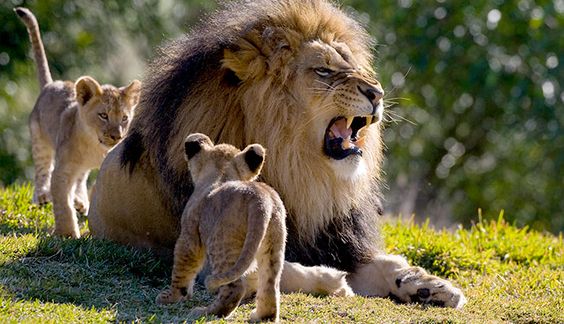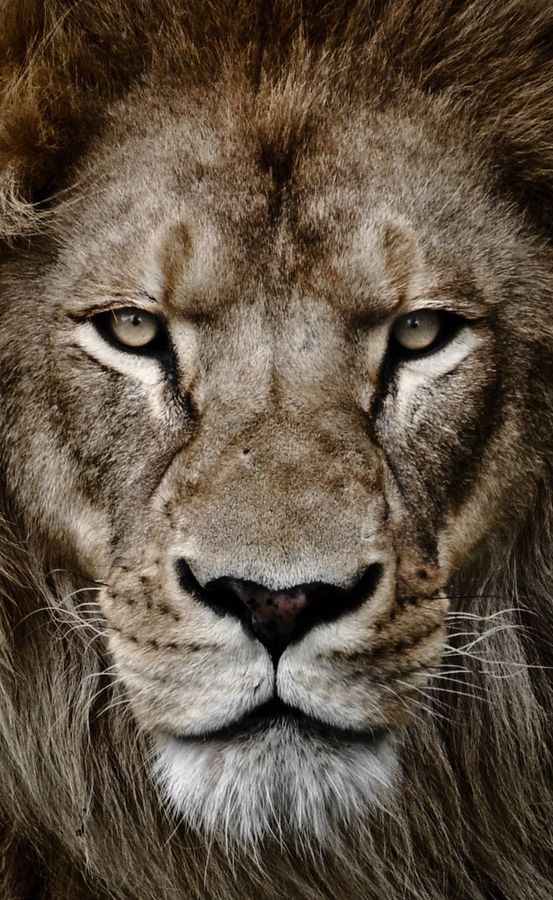But the Gujarat Government had shown one after another reason to restrict any of the lions being taken away from the Gir National Park. According to the state government, the royal beasts were “Gujarat’s Pride”. Bhikhu Batawala (lion conservation activist) considered the matter to be ‘purely political’, while a conservation biologist named Ravi Chellam revealed that “some translocation projects are discussed a lot”. “But translocation happens almost daily as part of our wildlife management for a vast range of species in India, which is not well known”, he added. Despite all the debates and discussions, Vijay Rupani, the Chief Minister of Gujarat, had declared that the lions were “completely safe” in the Gir Forest, and they need not be relocated.
Tripatini
the world's smartest travel social network
Why Are Asiatic Lions of Gir Forest Deprived of Getting a New Home?
Wild lovers across the nation look forward to getting the Gir Safari booking done at least once in a lifetime. The dense forest of Gir, situated in Junagadh district of Gujarat, is currently the only abode for the Royal Asiatic lions. Every year, many travelers visit this place from different corners of the world to enjoy the Gir Lion Safari. They get a chance of witnessing the royal beast roaming in their natural habitat.
For the past few years, Asiatic Lions in Gir Lion Safari have to encounter severe illness or infection, which are, in most cases taking their lives. The Gujarat High Court had appointed officials to investigate the reason behind these alarming ailments of the lions. The report stated that some of the poor big cats died of CDV (Canine Distemper Virus, a range of wild animals get infected by this virus), while some were tested with a protozoan infection, transmitted by ticks. Infighting has also been detected as a vital cause of deaths of the lions.
In April 2013, the Supreme Court ordered the Union Government to translocate some of the Lions of Gir Forest to Kuno-Palpur Wildlife Sanctuary. The report said that the Asiatic Lions were vulnerable to extinction because of existing in a single sub-population if any unpredictable event such as a big forest-fire or epidemic would have taken place. “An outbreak of a possible epidemic or natural calamity might wipe off the entire species. A smaller population with limited genetic strength is more vulnerable to diseases and other catastrophes in comparison to large and widespread population,” the Supreme Court stated.
Videos
Groups
-
Catalonia, Its Culture &…
33 members
-
Barcelona
77 members
-
India
173 members
-
Tour Operators
873 members
-
Ireland
93 members
-
South Dakota
17 members
-
Azerbaijan
17 members
-
Shopping the World
55 members
-
Tech for Travel/Hospital…
87 members
-
Andorra
26 members
-
Online Corner
75 members
-
Minnesota
22 members
-
Backpackers & Hostels
84 members
-
Portugal
60 members
-
Turks and Caicos
26 members
© 2025 Created by EnLinea Media.
Powered by
![]()
Badges | Report an Issue | Privacy Policy | Terms of Service



You need to be a member of Tripatini to add comments!
Join Tripatini